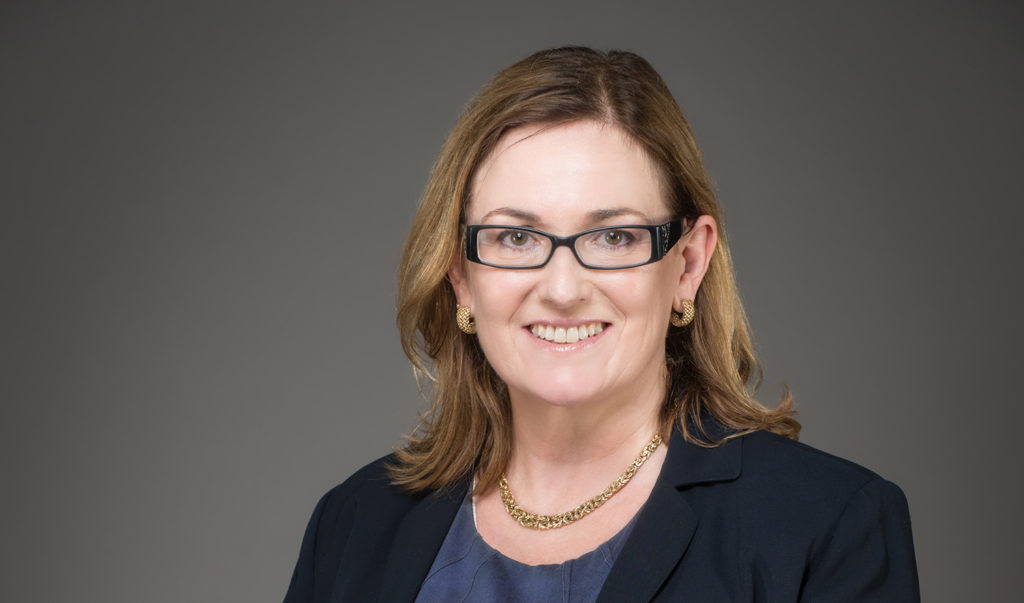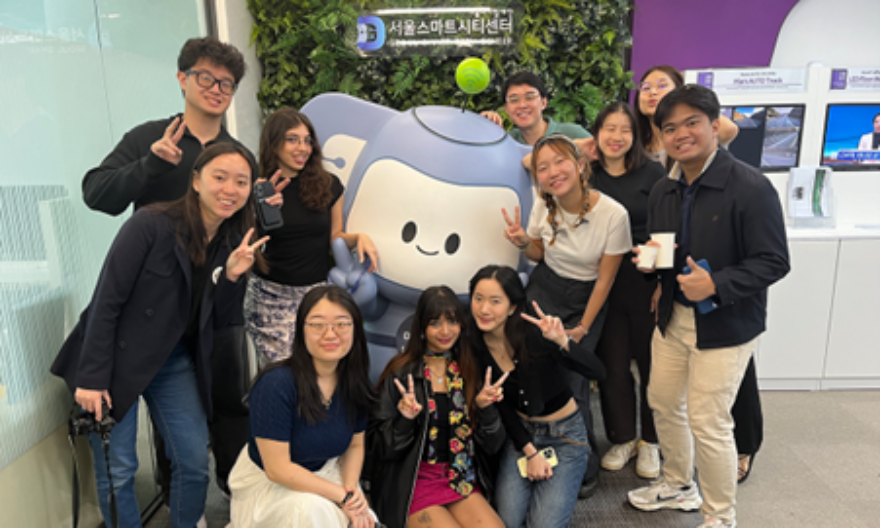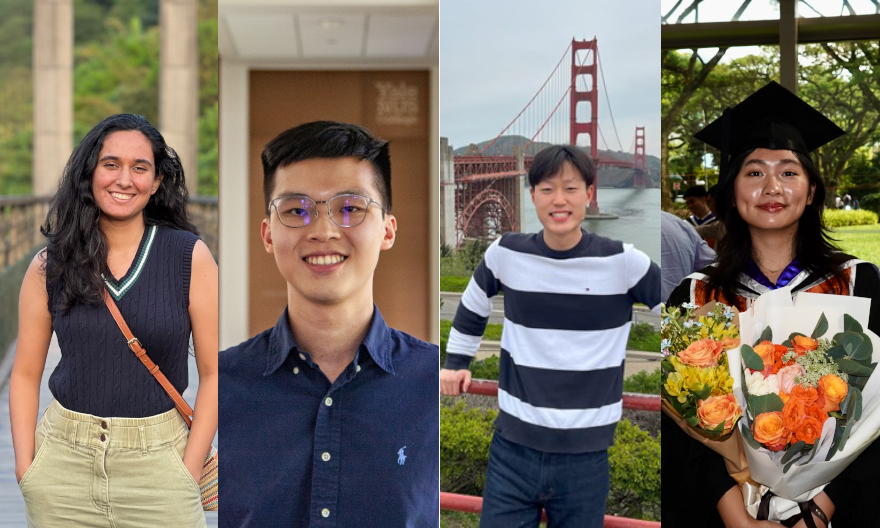Trisha Craig: Producing liberal arts graduates for the contemporary labour market

Across the West, it is not hard to find evidence of the falling esteem in which the liberal arts are held. Parents fret that expensive degrees will produce little but mounds of debt. Politicians frequently offer them up as examples of what ails higher education, claiming that universities are producing too many graduates who lack skills and employability.
While it may be easy to dismiss such claims – after all, the skills that employers claim to want, such as team work, creativity, ability to solve problems, and communicate are those that the liberal arts impart, and the evidence shows that employment rates may not differ much between liberal arts grads and their more applied degree peers – we in the academy should not.
For although employment scenarios are not as dire as some politicians claim and parents fear, there are reasons to be concerned as we prepare students for life in the global economy. In particular, there is a gap between what skills employers want from new graduates and what they feel they are getting.
The 2015 employers survey conducted by the Association of American Colleges and Universities (AACU) found that fewer than a third of employers felt that college graduates possessed desired skills like finding and organising information, critical thinking, creativity and using their knowledge for real world applications. Even more striking, students were more than twice as likely as employers to claim they have such skills.
Even if the survey did not exclusively ask about liberal arts graduates, the figures are striking enough that we must consider what we are doing to ensure the transfer of skills that students gain in the classroom to applications in the world.
This is especially true in Asia, where although recently founded liberal arts institutions are not under pressure in the same way they are in the West, the challenge is convincing labour markets that students with anything but specialised degrees bring strong and useful skills to the table.
Our experience at Yale-NUS College, the undergraduate liberal arts institution jointly founded by Yale University and the National University of Singapore, may provide lessons for the liberal arts more generally.
We knew that our first graduating class, who were awarded their degrees in May 2017, would be a challenge for the Singaporean labour market. Our students, about forty per cent of whom are international, can major in fourteen subjects, not all of which are familiar to local employers. So in addition to our economics, physics or computer science majors, students with degrees like anthropology, arts and humanities, urban studies or PPE (politics, philosophy and economics) were also seeking jobs.
In order to help students learn to apply the skills they use in the classroom to professional settings we work with them from the beginning of their college career to understand the need for skill development. All freshmen participate in a week-long, faculty-led experiential learning programme midway through their first semester. Each project is tied to concepts found in the Common Curriculum that all students take. However, we also focus on skill building during that week and advisors work with students after to reflect on the skills they would like to further develop and to plan ways to do so though opportunities offered by the College, such as summer language scholarships, internships, social impact work or study abroad. 95% of our first batch of graduates have participated in international experiences of at least four weeks in duration, immersing them in diverse environments and broadening their perspectives. These included semester abroad programmes, summer language programmes and overseas internships.
Internships are a key component of our students’ experience. Seventy per cent will do at least one college-sponsored summer internship and many others will find their own placements. Our career services team works to develop internship opportunities with organisations that can make use of the skills liberal arts students have but further refine them in the context of work.
While some of them pursue popular fields like banking, consulting and technology, those who forge a less professionally structured path are well supported in gaining the types of experience that will make them attractive candidates when they apply for jobs post-graduation.
History majors have put research and analytic skills to work in branding firms where they also learned rebranding strategies, consumer research and strategy leading to employment in marketing with global firms. Arts and literature majors have worked in internships focused on content developing and editing, evaluation and assessment of programmes, media relations and the like which has led to full time opportunities in communications firms, philanthropies and start-ups.
We are also piloting group internships where we recruit and work with a client to develop a project with specific deliverables. We then assemble a team of students with complementary skills to carry it out and drive their understanding by providing supplemental support by faculty and professionals.
An example is a cultural and environmental heritage project with a museum where we recruited students with skills in qualitative research, survey design, environmental ecology, art history, and website design. Students worked with museum staff on the project but we also involved faculty members from history, environmental studies, and research methods as well as landscape architects and museum educators who helped them, though lectures and readings, apply knowledge from these fields to their work. Students gained experience working in multifunctional teams, deepened their marketable skills both through practice and solving problems that arose, and produced a final report with recommendations for the museum that also serves as part of their professional portfolios.
By Sep 2017, over 90% of the first batch of Yale-NUS graduates have already secured jobs, fellowships or university places to pursue graduate studies. The graduates who received job offers have moved into a variety of sectors, such as public sector and policy (17%), consulting (14%), science & research (12%), education (11%), finance (10%) and technology and startups (9%). By working with partner organisations to find opportunities for liberal arts students to deploy their skills and scaffolding their understanding through the guidance of our career services team, faculty and professionals, we have been able to produce graduates across a wide range of majors who find ready uptake in the job market.





